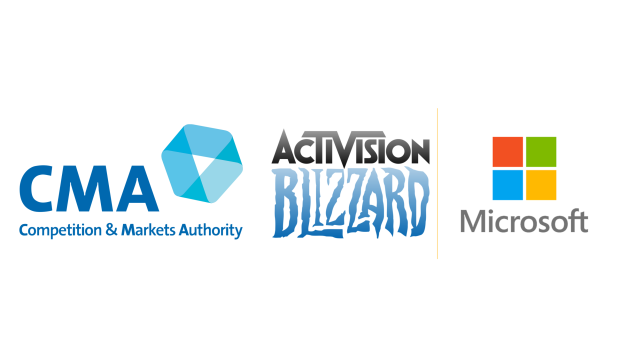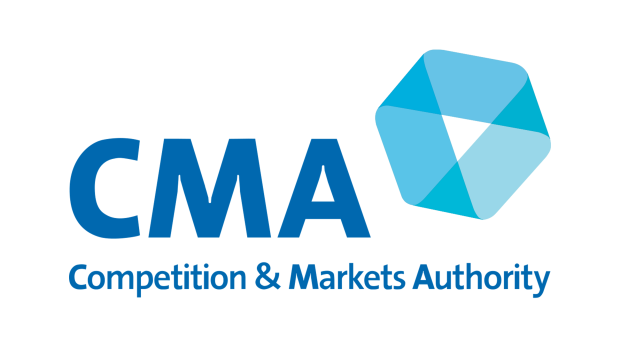Today the UK's Competition and Markets Authority (CMA) published 7 new documents pertaining to the Microsoft-Activision merger, including findings from an important provisionary investigation.

Independent investigators have determined that the Microsoft-Activision merger could result in a significant lessening of competition, a concept that regulators refer to as SLC. Regulators from the United Kingdom's CMA hired a group of investigators to collect and examine millions of documents from games industry players, including Microsoft, Activision, Sony, and other publishers. The CMA had previously published its own provisionary findings in September 2022.
The findings from the CMA's provisionary investigation were published in a substantial 277-page document that we plan to extensively cover. The determination is that, among other things, the merger "could harm UK gamers" and lead to reduced competition in the console and cloud portion of the UK video games market.
The general gist of the document is that Microsoft would have incentive to use Activision's eight separate $1 billion franchises as an anti-competitive edge in the market. Investigators find that Microsoft would benefit from withholding games from its competitors and make certain titles exclusive to the Xbox ecosystem (as of now, the Xbox platform can be delivered onto many mediums including consoles, PCs, phones, and even smart TVs).
This is an interesting conclusion, however it's worth noting these findings do not include Microsoft's 10-year deal to offer Call of Duty to Sony, Nintendo, and Valve. That offer will be considered in the CMA's remedies process.
Call of Duty is Activision's real prize thanks to its $32 billion in lifetime earnings, however there's a few other mega-hit franchises as well, including World of Warcraft. The CMA believes Microsoft could use games like World of Warcraft to affect the game streaming market.
Here are some excepts from the CMA's provisionary findings investigation:
How the deal could affect cloud gaming service competition
The CMA provisionally found that being able to offer popular games will be important for cloud gaming providers to attract users as the market continues to grow and develop. The evidence available to the CMA currently indicates that Microsoft would find it commercially beneficial to make Activision's games exclusive to its own cloud gaming service (or only available on other services under materially worse conditions). Microsoft already accounts for an estimated 60-70% of global cloud gaming services and also has other important strengths in cloud gaming from owning Xbox, the leading PC operating system (Windows) and a global cloud computing infrastructure (Azure and Xbox Cloud Gaming).
The CMA provisionally found that buying one of the world's most important game publishers would reinforce this strong position and substantially reduce the competition that Microsoft would otherwise face in the cloud gaming market in the UK. This could alter the future of gaming, potentially harming UK gamers, particularly those who cannot afford or do not want to buy an expensive gaming console or gaming PC.
How the deal could affect console gaming
The CMA provisionally found that a small number of key games, including Call of Duty (CoD), Activision's flagship game, play an important role in driving competition between consoles. The evidence available to the CMA, including data on how Microsoft measures the value of customers in the ordinary course of business, currently indicates that Microsoft would find it commercially beneficial to make Activision's games exclusive to its own consoles (or only available on PlayStation under materially worse conditions).



